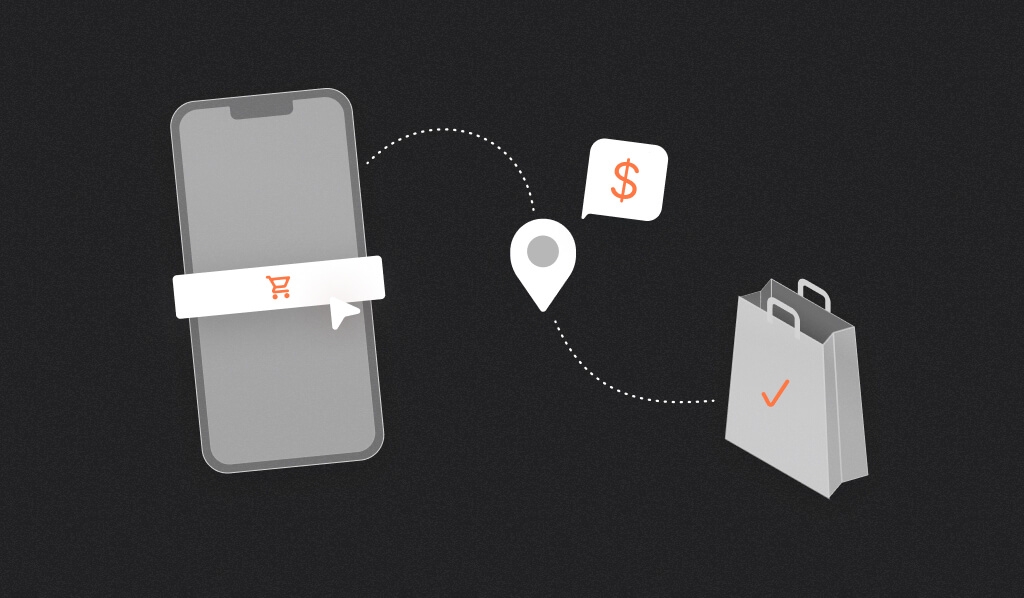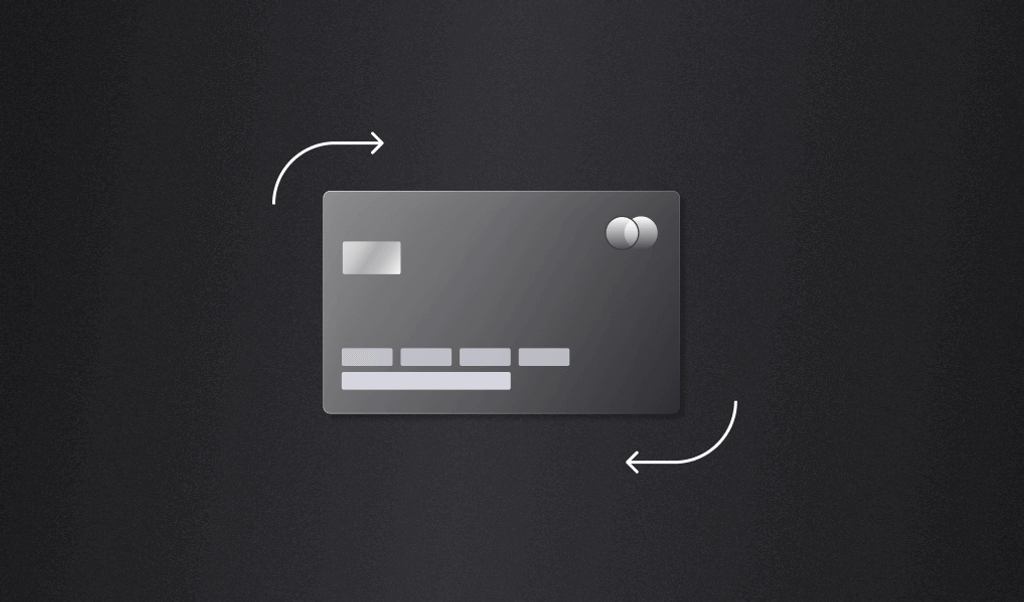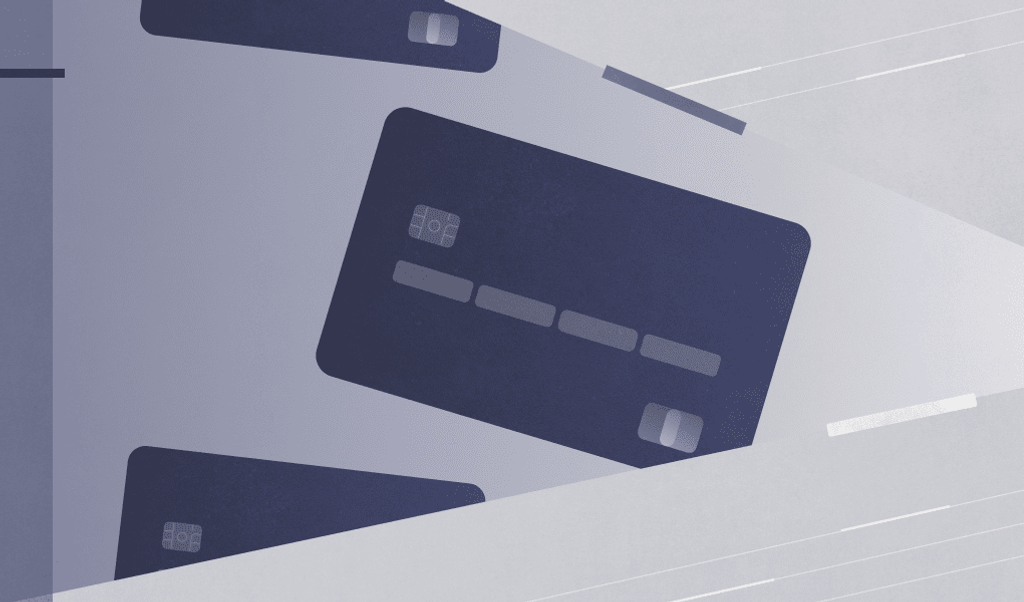
Buy online, pick up in-store fraud has increased by up to 250% in recent years. Learn how to prevent it at your brick-and-mortar locations.
Have you ever gone to a restaurant, seen a table full of packed-up to-go orders, and thought to yourself, “I could just take one of those, and no one would ever know?”
Well, what you were momentarily considering (but obviously would never do) is essentially BOPIS fraud.
There are more ways than ever that a customer can defraud you. And one type of fraud that’s skyrocketed lately? BOPIS fraud, or “buy online, pick up in-store” fraud.
It makes sense – 2020 saw a 106% rise in buy online, pick up in-store sales, allowing customers to minimize contact and shop at their convenience while avoiding shipping and delivery charges. And that change seems to be here to stay – BOPIS sales now account for over 10% of all retail sales.
The bad news? An estimated 7% of all BOPIS sales are fraudulent.
The good news? With safeguards in place, you CAN prevent BOPIS fraud while offering genuine customers the convenience of ordering online and picking up in person.
In this article, you will learn more about BOPIS fraud, how BOPIS fraud works, how to spot BOPIS fraud, and how to prevent BOPIS fraud as a retailer.
What Is BOPIS Fraud?
BOPIS stands for “buy online, pick up in-store.” Also known as click-and-collect fraud or curbside pickup fraud, BOPIS fraud includes any fraudulent activity when someone orders merchandise from a store’s website and then picks it up at the store location.
How Does BOPIS Fraud Work?
BOPIS fraud occurs when fraudsters bypass usual online purchase security measures by picking up in person so they don’t have to provide as much identifying data. For example, some eCommerce software might flag a customer with a different billing and shipping address as suspicious. However, if that same customer were to choose pickup instead and avoid having to give a valid shipping address, their activity may not be flagged at all.
BOPIS fraud may involve:
- Using stolen credit or debit card credentials to place an order.
- Canceling an online order right before pickup.
- Utilizing bots to bypass purchase controls.
In any case, BOPIS fraud is becoming increasingly common and can result in significant loss of revenue for businesses.
What are the red flags of BOPIS fraud?
Since “buy online, pick up in-store” purchases are card-not-present transactions, this type of fraud can be tricky to spot. But now that you’re aware of the risks involved, here are a few telltale signs of BOPIS fraud to look out for:
- High-value orders Fraudsters are typically out to steal as much merchandise as possible – high-value BOPIS orders could be a sign of fraud.
- Orders placed by a suspicious user Many fraudsters are repeat offenders. Specific software can instantly identify users with a history of fraudulent activity.
- Mismatched personal information If a customer’s billing contact information differ, that may be a sign of credit card fraud.
Should I Offer BOPIS In My Store?
The risks are real, but BOPIS has a lot of potential benefits for both consumers and businesses. Offering “buy online, pick up in-store” options helps customers get goods fast, reduces shipping/delivery costs, leads to higher-volume purchases, and raises sales overall. Chances are your customers want it – one study found that 90% of customers want to buy online and pick up in store.
With the right strategy, you can keep your customers happy and boost your sales with BOPIS while effectively preventing BOPIS fraud.
How can retailers prevent BOPIS fraud?
Retailers have two main opportunities to catch BOPIS fraudsters: at the time of purchase (during “buy online”) or at the time of collection (during “pick up in-store”).
Preventing BOPIS Fraud at the Time of Purchase
Fraud and identification solutions like Fingerprint can help you catch fraudsters before they even have the chance to place a BOPIS order. Using device fingerprinting technology, Fingerprint identifies users with previous chargebacks, failed payments, and fraudulent activity, even when they attempt to conceal their identity. Fingerprint can also detect other common signs of fraud, such as substantial purchases, multiple orders, or failed purchase attempts within a short time.
Another way to discourage BOPIS fraud during the online ordering is by requiring additional personal information at checkout, such as a verifiable phone number.
Preventing BOPIS Fraud During Pickup
Retailers can work to minimize BOPIS fraud during pickup by implementing a stricter pickup process. For example, retailers can require a valid government-issued ID matching the order upon pickup or ask to see the card used to place the order to verify credit card information. However, these policies can require more staff and can lead to a poorer, less convenient customer pickup experience.
Catching fraud at the time of purchase is generally the most accurate and makes the experience most convenient for genuine customers.
Fingerprint is one reliable, convenient way to detect and prevent BOPIS fraud and other types of online shopping fraud, such as friendly fraud, referral fraud, and more. Learn more about Fingerprint’s eCommerce fraud prevention solutions here.
FAQ
To prevent Buy Online, Pickup In Store (BOPIS) fraud, businesses can implement several security measures. One method could be implementing a robust identity verification process at the point of pickup. This could involve asking for photo identification or requiring customers to confirm details of the purchase. Another strategy could be to use fraud detection software that analyzes buying patterns and flags suspicious activity.
Balancing customer convenience with security in the BOPIS process can be challenging, but it's not impossible. Businesses could ensure a quick yet secure pickup by using mobile verification methods, such as sending a one-time code to the customer's phone that they must present at pickup. This adds an extra layer of security without significantly slowing down the process.
There are certainly businesses out there who have successfully combatted BOPIS fraud. Many companies have turned to technology solutions, such as advanced analytics and machine learning algorithms, to identify and prevent fraudulent activity. These tools can analyze vast amounts of transaction data to spot anomalies and flag potential fraud, helping businesses to stay one step ahead.



